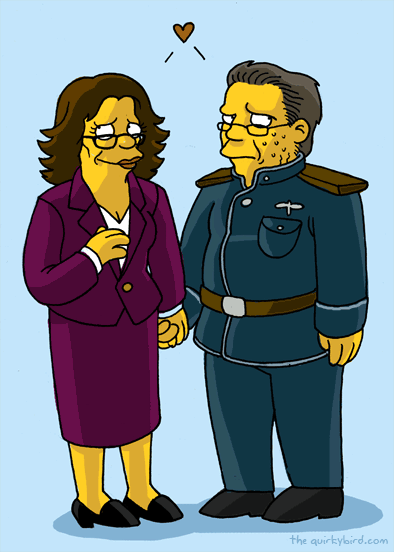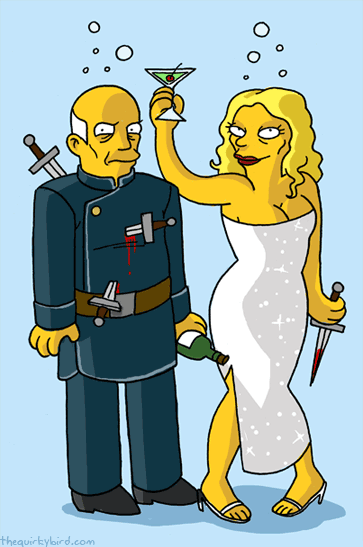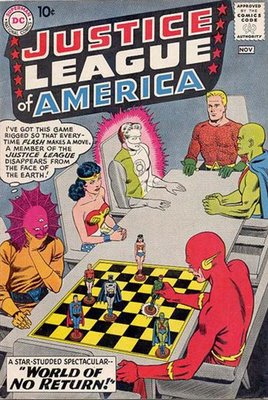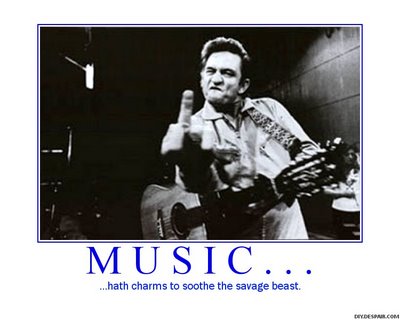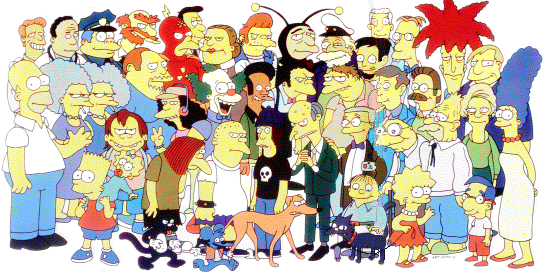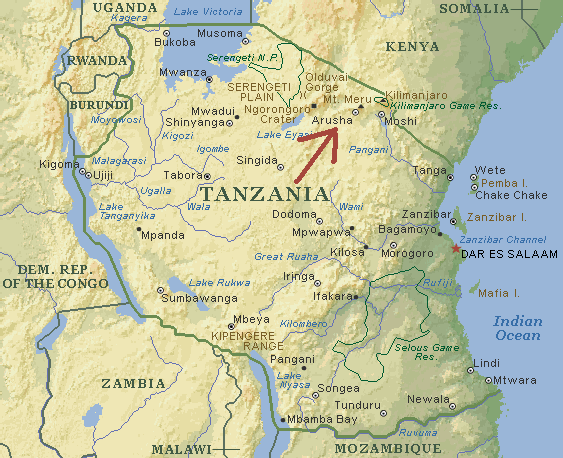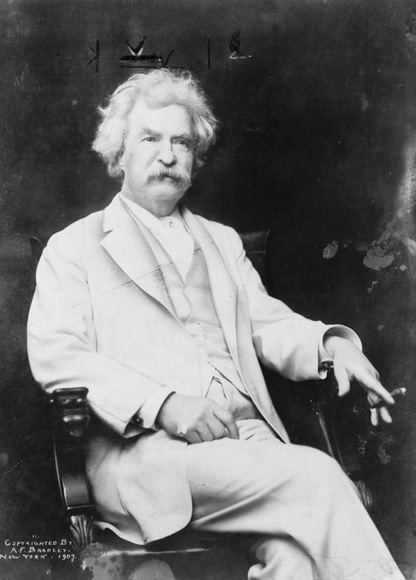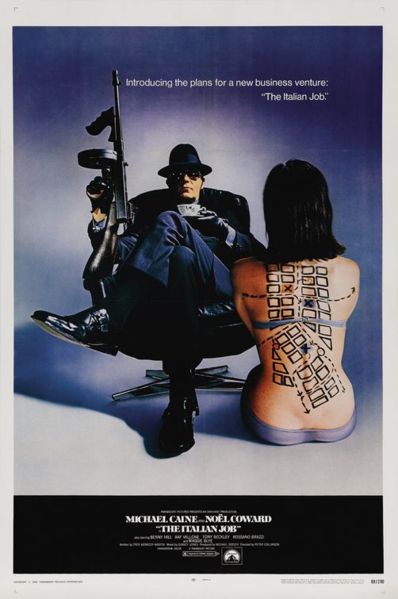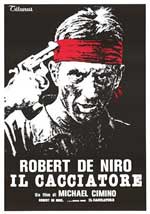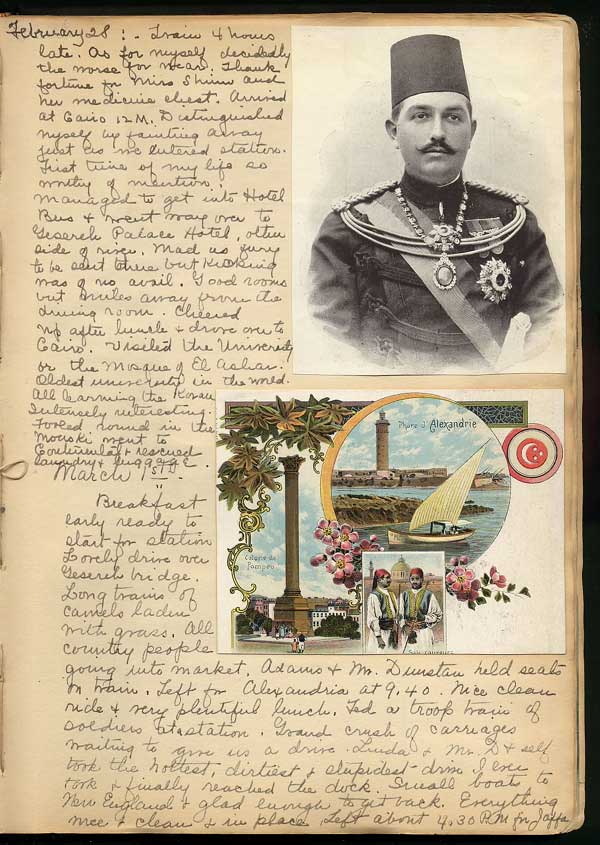Recent (and Upcoming) Reading

On the airplane back from Arizona I finished The Metaphysical Club by Louis Menand (2001 interview here), which I had been plugging through for months. It's a survey of the people and ideas that circulated through American universities and intellectual publications from the antebellum era through the Jazz Age. Lots of stuff in there on people like William James, Oliver Wendell Holmes, Charles Saunders Peirce (whom I thought was among the most interesting), and John Dewey. Supporting characters included Louis Agassiz, Alain Locke, Adolphe Quetelet, Granville Stanley Hall, and many others. At some point I want to summarize how Peirce and his father brilliantly used statistics related to handwriting analysis in a court case concerning a faked will; I just need to read it again to make sure I convey everything correctly.
The scope and structure of TMC reminds me a lot of a book I read a number of years ago, In the Time of the Americans by David Fromkin, which did kind of the same thing with American diplomacy. That is, it gave a broad overview of a generation's worth of events as seen through the lives of and relationships between major American politicians, diplomats, journalists, and military men born in the 1880s whose major contributions occured in the 1930s-50s. The cover features presidents (F.D.) Roosevelt, Truman, and Eisenhower, as well as generals George Marshall and Douglas MacArthur. The supporting players in this book include figures such as William Bullitt, Dean Acheson, Arthur Vandenberg, John Foster Dulles, Cordell Hull, et al.
Both books well worth reading for the fact that each paints an elaborate panorama of a difficult-to-summarize aspect of U.S. history, accessible to the intelligent layman.
When I finished TMC, I went back to reading Thomas Friedman's The World Is Flat (paperback ISBN 0-7394-6162-1). I am in a bit of a quandry, because a couple of weeks ago, when I was about 75 pages into it, I realized that there is a new updated and expanded version of this book for 2006 that had come out since the release of this paperback. Dammit! Of course, this is kind of one of the themes of the book itself, that things can change pretty quick. I weighed my options and decided to keep on reading my copy, but on the plane I got up to about page 150 and I was like "Ugggggghhhh" and realized that there was potentially so much new information on the stuff he was discussing that I might as well suspend reading of this copy and start afresh with the new edition. So, that'll be a trip to the library this week.
If they don't have a copy of the new edition handy, I'm thinking about starting a book from a few years ago by Herbert P. Bix, Hirohito and the Making of Modern Japan. This is largely because shortly before I left I watched the film Japan's Longest Day, about the court intrigues among the Japanese cabinet ministers and military officers leading up to and subsequent to Hirohito's decision to surrender to the Allies in August, 1945. (It was a lot like this Adama vs. Cain smackdown cliffhanger in BG: S2.5.)
